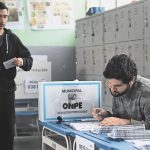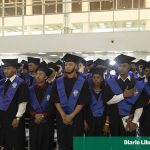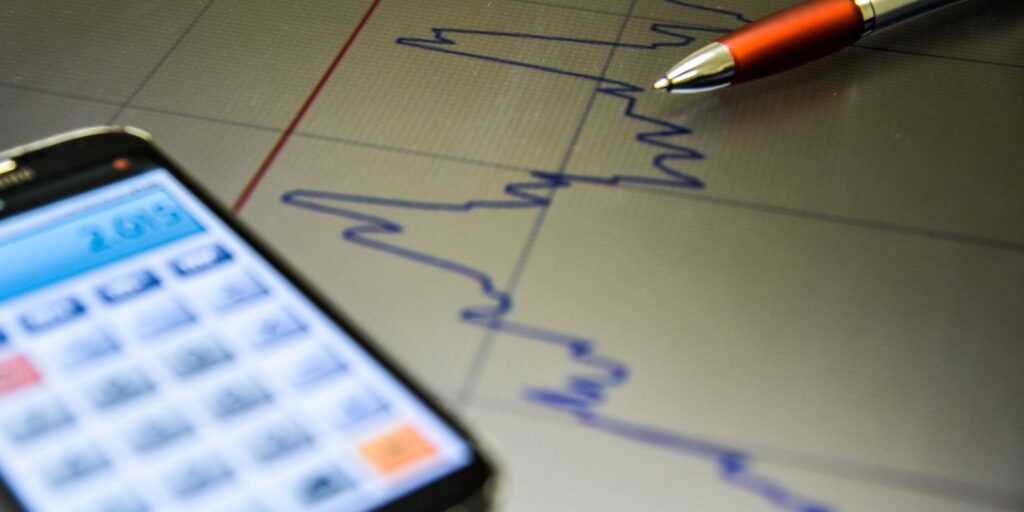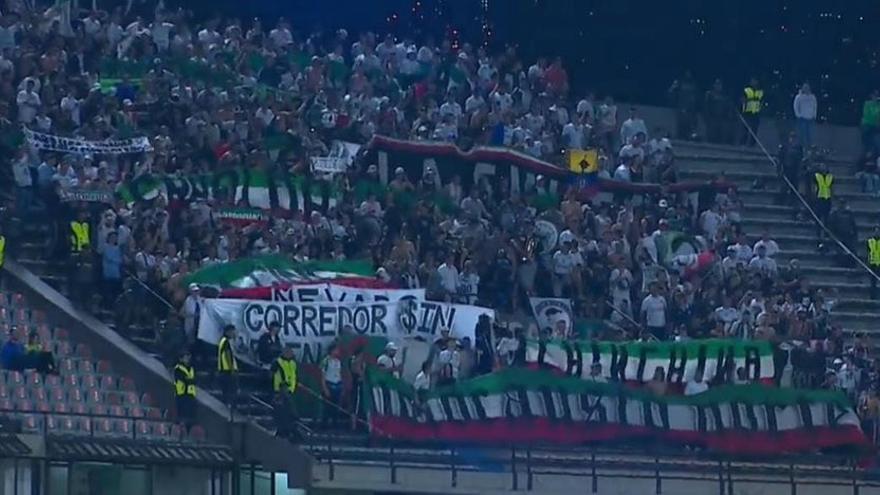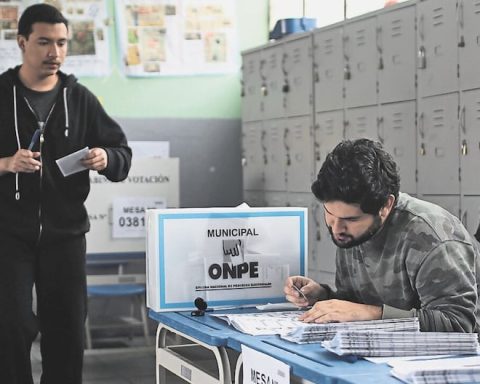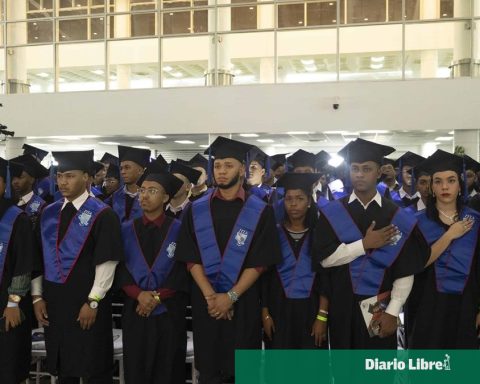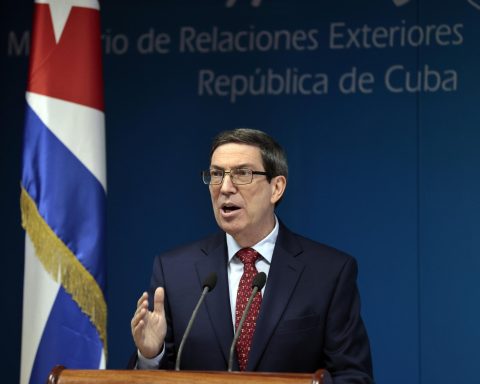President Alberto Fernandez will receive the German Chancellor next Saturday Olaf Schölzwho will visit Argentina as part of a tour that will also take him to Brazil and Chile and that will serve to analyze agreements on energy, food and agribusiness.
Scholz’s schedule
Scholz will arrive the same Saturday, at 5:30 p.m., and will be received at the Ezeiza international airport by Foreign Minister Santiago Cafiero.
From there they will go to Plaza San Martín, in the Retiro neighborhood of Buenos Aires, where the German official will place a wreath at the monument to the Liberator General Don José de San Martín.
At 6:45 p.m., the German chancellor will cross over to the San Martín Palace, the headquarters of the Foreign Ministry, where Fernández will receive him.
There both leaders will hold a bilateral meeting and then there will be a meeting with businessmen in which the Minister of Economy will be, Sergio Massawho has been working for these hours on economic agreements.
bilateral meeting
The meeting between Fernández and Scholz will focus on Germany’s special interest in energy, food and agribusinessindicated sources consulted by Télam.
Later there will be a joint press conference and then the official dinner will be held, all at the Palacio San Martín.
The German Chancellor will be accompanied by a delegation of 70 people, including 30 businessmen and 25 journalists.
In the Government, Scholz’s gesture of privileging Argentina in his visit to the region stands out, which will be completed with meetings that he will hold with the presidents of Brazil, Luiz Inácio Lula da Silva; and from Chile, Gabriel Boric.
LIVE | Press conference of the spokesperson for the Presidency, @gabicerru (@Speaker_Ar).
https://t.co/4QVB4JXQmE– Casa Rosada (@CasaRosada) January 26, 2023
The presidential spokesperson Gabriela Cerrutti, He said at the usual press conference on Thursdays at Casa Rosada that Scholz “is accompanied by a very important group of first-rate businessmen” and that “they are going to have a meeting with President Alberto Fernández, Foreign Minister santiago cafiero and the Minister of Economy, Sergio Massa”.
Cerruti added that the objective of the visit is “to advance in agreements for future investments in our country and that we can continue to develop on those important issues for Europe such as transition energies, such as green hydrogen and gas.”
previous meetings
will be the Fernández’s third meeting with Schlozthe first on Latin American soil.
The first was on May 11 in Berlin, when Scholz defined Argentina as “a reliable partner” and where they agreed to condemn Russia’s military “aggression” against Ukraine, also considering that the consequences of that conflict impact on a rise in international food and energy prices that have repercussions throughout the world.
“I salute the President’s decision to side with the victims,” the German chancellor remarked about Fernández on that occasion, in the framework of a joint statement to the press that they offered after the meeting they held in Berlin.
“The blows of the war have repercussions throughout the world and particularly in Latin America and other developing countries. Food prices have increased as well as energy prices. This is not only a problem for Russia and NATO , if not that it affects the whole world. A ceasefire is necessary that must be achieved in a discussion environment,” Fernández had expressed for his part.
“The important thing is to advance in the agreements between Europe and Mercosur. We have to start by reaching cultural and scientific agreements so as not to stay on the issue of protectionism. We have to deepen our ties,” the Argentine president had also proposed.
The second meeting was on June 27 at the G7 Summit that took place in the Schloss Elmau complex, in the Bavarian district of Garmisch-Partenkirchen, about 100 kilometers from Munich.
During that meeting, the leaders analyzed the impact caused by the conflict in Ukraine on the production, distribution and food market, when discussing the agenda of climate change, food security and energy, which the G7 established as priority issues.
The Argentine head of state had thanked Scholz for the invitation that he personally made to him on May 11 to participate in the G7 forum, and confirmed that both countries “share democratic values and international solidarity”, in addition to highlighting that multilateralism and dialogue they are the main tools to continue facing the multiple global challenges.
It has been almost six years since a German chancellor visited Argentina, after Angela Merkel did so on an official visit on June 8, 2017.







